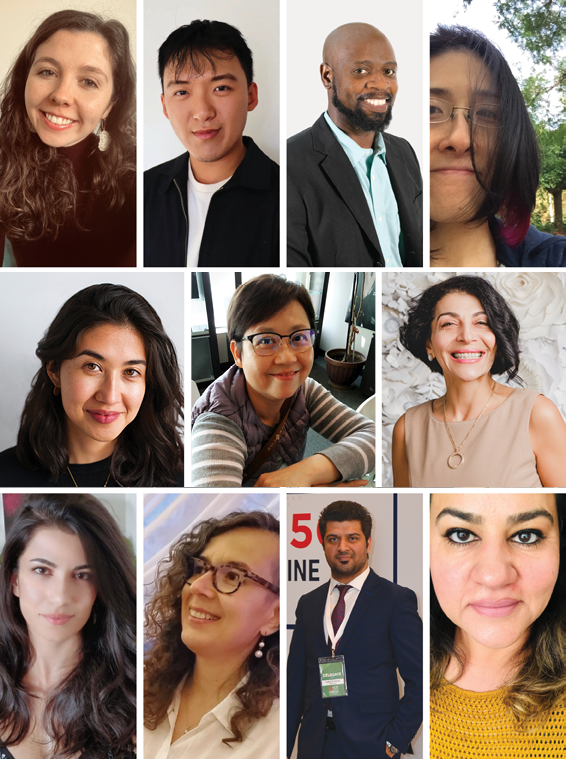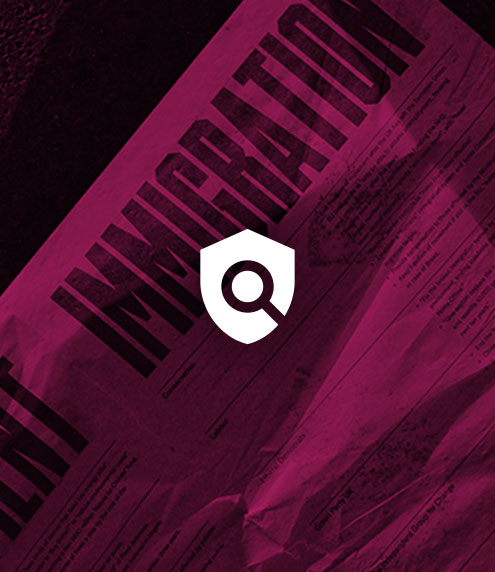

Mission
The Mission of OCASI is to achieve equality, access and full participation for immigrants and refugees in every aspect of Canadian life.

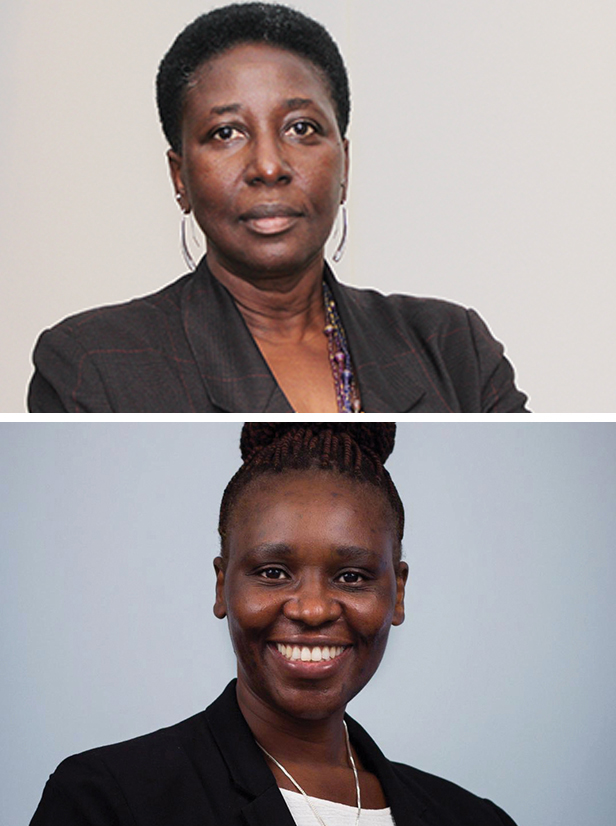
Principles
OCASI asserts the right of all persons to participate fully and equitably in the social, cultural, political and economic life of Ontario. OCASI affirms that immigrants and refugees to Canada should be guaranteed equitable access to all services and programs.
OCASI believes that Canada must be a land of refuge and opportunity, a country known for humanity and justice in its treatment of immigrants and refugees. OCASI believes that in cooperation with other groups and communities which promote human rights and struggle against discrimination, OCASI will see these principles realized.
OCASI – 44 Years
1970s
OCASI is incorporated in 1978 as the provincial umbrella organization for immigrant serving agencies in Ontario. Annual membership dues were set at $24.
1980s
- We decide to accept government funding. We hire 1.5 staff and hold the first sector conference. It eventually grows into an annual professional development conference and the premier sector gathering in Ontario.
- We lead a letter-writing campaign to defend federally funded immigrant settlement services. The campaign was a smashing success, generating 6000 letters in a pre-email era! The federal government has funded immigrant settlement services continuously to this day.
- In 1988 together with our allies, we advocate to the federal government to set yearly immigration at 1% of the population. The government agrees, but it will take at least three more decades until it becomes a reality.
1990s
- We succeed in having the federal government fund the computerization of the immigrant and refugee-serving sector.
- We are a leading Ontario voice against a proposal to shift federal government responsibility for immigrant settlement and integration to the provinces. The federal government agrees and retains the responsibility, giving the sector more stability and assuring immigrants of continued settlement services.
2000s
- We launch Settlement.Org, the trusted source of information for newcomers to this day. Settlement.Org wins an Ontario Trillium Foundation Award.
- We launch Positive Spaces Initiative and the Accessibility Project, to build sector capacity in serving LGBTQIA+ immigrants and refugees and people with disabilities.
- We create a Francophone Consultative Committee of member agencies.
- We are a member of Every Child’s Right to OHIP Coalition, and win healthcare coverage for Canadian-born children of parents without full immigration status.
- We succeed in having same-sex spousal sponsorship included in the new immigration legislation, together with advocates across Canada.
- We co-found Colour of Poverty – Colour of Change to build awareness of the racialization of poverty and advocate for racial equity and racial justice.
2010s
- We establish a Francophone Director position on the Board.
- OCASI members create a Women’s Caucus; we establish a Women’s Director position on the Board.
- We receive a Canadian Race Relations Foundation Award of Excellence for the Accessibility Program.
- We launch a successful public education campaign to counter Islamophobia, racism, and anti-Black racism.
- We establish the Immigrant and Refugee Communities - Neighbours, Friends and Families Campaign and other programs to prevent gender-based violence.
- We launch the OCASI Client Management System, an online client data system designed by the sector for the sector.
- We create SettleNet.org, a national community of practice, with other sector umbrella organizations across the country.
- Thanks to our advocacy jointly with others, Ontario enacts the Anti-Racism Act and establishes the Anti-Racism Directorate. The federal government develops a national anti-racism strategy and later a National Anti-Racism Secretariat.
2020s
- The decade begins with the COVID-19 pandemic. We advocate to governments to address the disproportionate impact on racialized, refugee and migrant communities.
- We establish a Members Supporting Members Fund to support small organizations.
- We collaborate across networks to educate and inform on public health and safety and provide reliable and trustworthy vaccine information.
- The federal government deems immigrant and refugee settlement and integration services to be essential during the pandemic. We successfully advocate to the government to provide funding flexibility and build the IT capacity of sector agencies.
- We support member agencies to resettle Afghan refugees and Ukrainians.
Impact Work
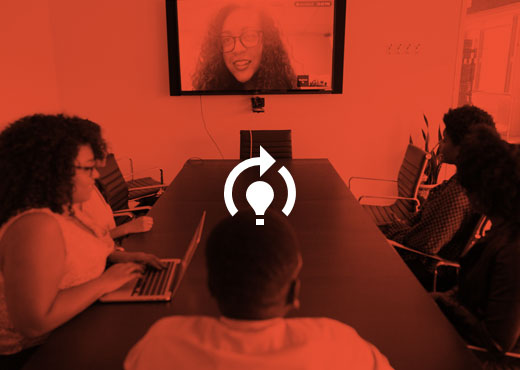
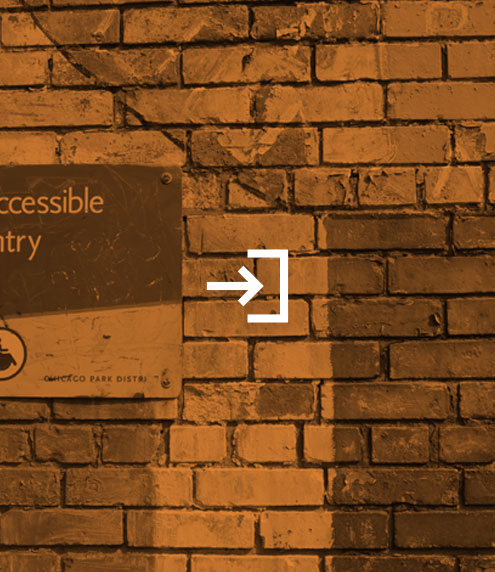

Operational Priorities - Year 1
This year was the first year of OCASI’s new 3 year strategic plan.


